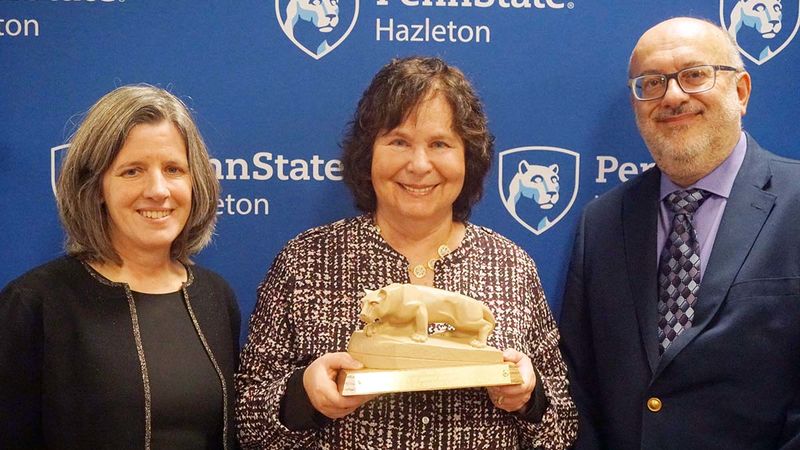Molly Wertheimer: Blazing new trails at Penn State Hazleton
From her teaching that centered on connecting to students, her study of rhetoric and women’s political speech, and her work to help other faculty to succeed, Molly Wertheimer has been called a trailblazer at Penn State Hazleton.


